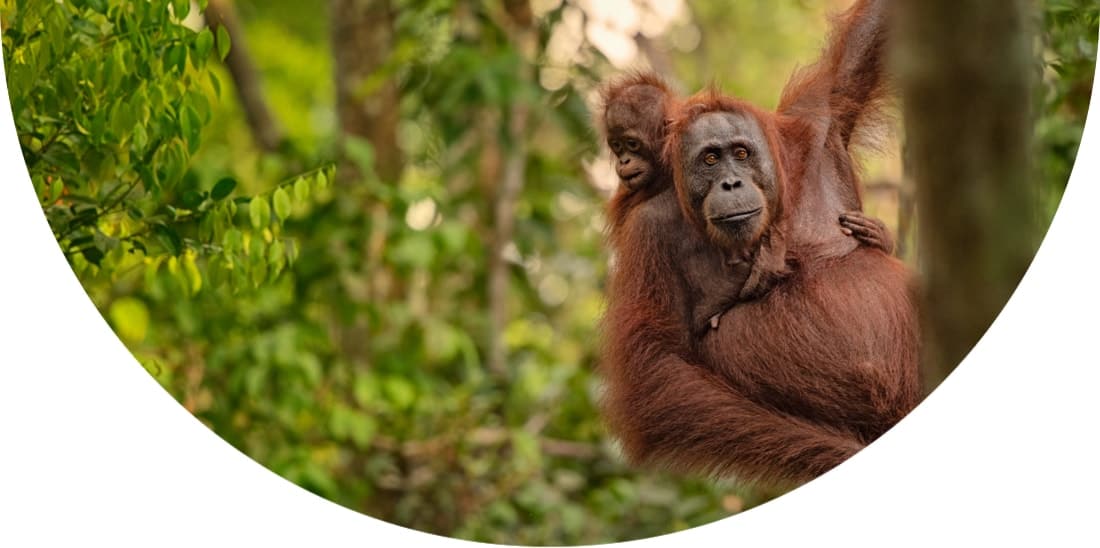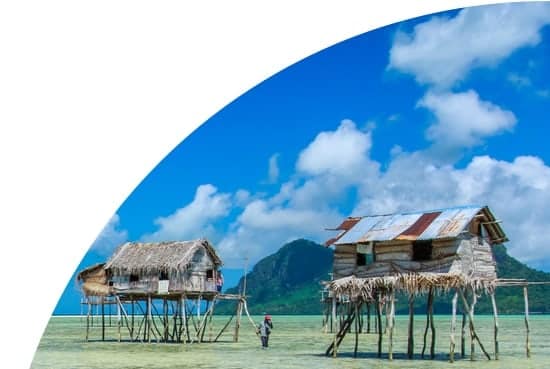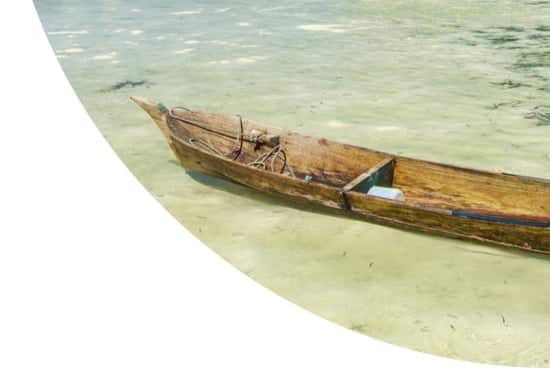Scrub typhus, also known as bush typhus, is a bacterial disease that is spread to people through bites of infected chiggers (larval mites). Common symptoms include fever, headache, body aches, and sometimes rash. It can usually be treated with antibiotics, however people with severe illness may develop organ failure and bleeding, which can be fatal if left untreated.


Travel Vaccinations for Borneo (Malaysia)
Flexible appointments with no upfront payment
Book Now
Destination Information for Borneo (Malaysia)
Borneo brings together all the important facets of travel, offering variety and a sense of adventure in a way that few other countries can. The biodiversity found in the nation’s jungles is staggering, and an experienced guide can help you find animals as exotic as wild orangutans and pygmy elephants. These equatorial rainforests are also home to an exotic array of flora, with the conifers and rhododendrons on the ascent of Mt Kinabalu particularly striking.
The country also brings together a number of different nationalities, and you can interact with Chinese and Malay communities, along with the Iban, Dusun, Murut and Penan indigenous groups. All of these different cultures culminate in Borneo’s delicious cuisine, with fresh seafood from the South China Sea and spicy sambal from Indonesian eateries sure to set the taste buds alight.
Travel vaccinations are recommended for Borneo, such as being up to date with your tetanus, diphtheria and polio. However, many other risks including Rabies, Japanese encephalitis, Hepatitis A&B and Typhoid exist. If you book a consultation, our specialist team of travel nurses will answer any questions you have.
Infections and Outbreaks frequently change from country to country and by attending our clinics you will be given the most up to date clinical and safety advice from our team of specialists. Our advice to you often includes aspects such as:
- Food and water hygiene
- Insect and animal bite avoidances
- Personal safety
- Sexually transmitted infections
- Sun protection
- Altitude sickness



